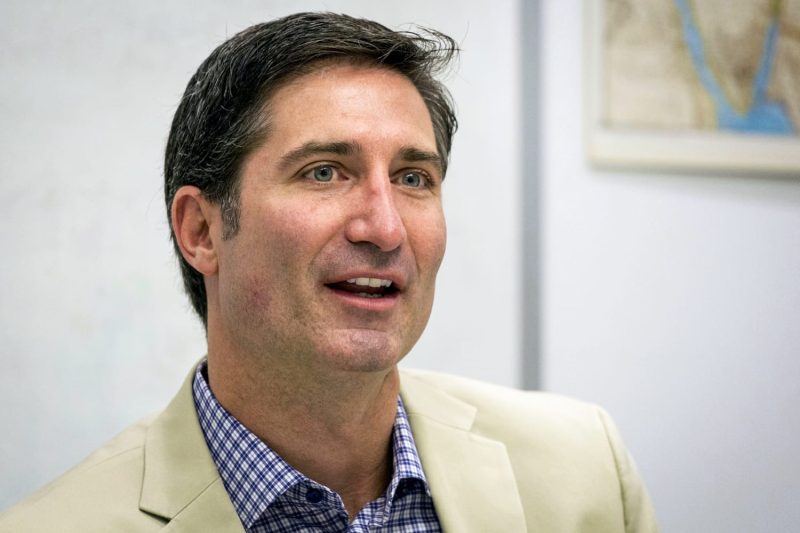In recent news, Starbucks has announced that their incoming CEO, Brian Niccol, will be receiving a compensation package valued at $85 million in a combination of cash and stock options as he transitions from his previous role at Chipotle. This move has raised eyebrows and sparked conversations about executive compensation in the corporate world.
The generous compensation package for incoming CEOs is not uncommon in the corporate world. Companies often provide lucrative pay packages to attract top talent and incentivize executives to drive the company’s growth and success. However, the sheer scale of Niccol’s compensation has drawn attention and scrutiny.
Critics argue that such exorbitant pay packages contribute to income inequality and widen the gap between executives and ordinary workers within the company. The disparity in pay between top executives and average employees has been a contentious issue in recent years, with calls for more equitable distribution of wealth and resources within organizations.
On the other hand, proponents of high executive pay argue that it reflects the competitive nature of the business world and the value that talented leaders bring to the company. CEOs are responsible for making critical decisions that can impact the company’s bottom line and overall performance, and their compensation is often tied to the company’s success.
It is worth noting that executive compensation is typically determined by the board of directors and is influenced by various factors, including industry norms, company performance, and the individual’s experience and track record. Companies often use compensation packages as a strategic tool to align executive interests with shareholders’ interests and motivate them to achieve specific business goals.
In the case of Brian Niccol, his compensation package may be seen as a reflection of Starbucks’ confidence in his ability to lead the company through a period of transformation and growth. As the coffee giant faces challenges and opportunities in an evolving market, the board of directors may view Niccol’s leadership and vision as crucial to the company’s future success.
While some may question the size of Niccol’s compensation package, it underscores the importance of top leadership in shaping the trajectory of a company and driving its long-term strategic direction. As the business landscape continues to evolve, the debate over executive pay and its implications for corporate governance and societal equity is likely to persist. It is a complex issue with no easy answers, but one that warrants ongoing discussion and scrutiny in the pursuit of a more equitable and sustainable business environment.



























